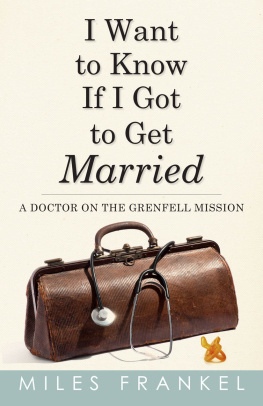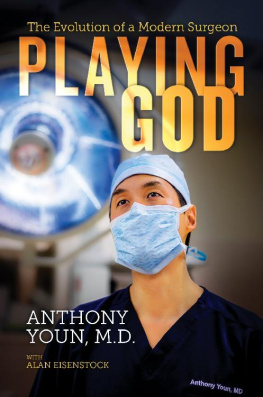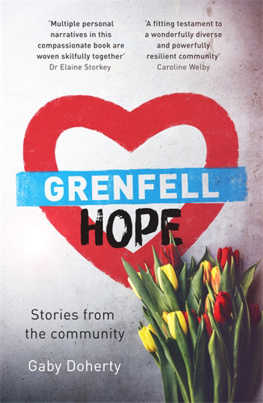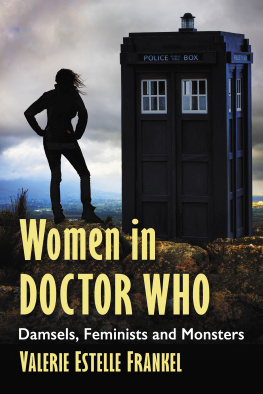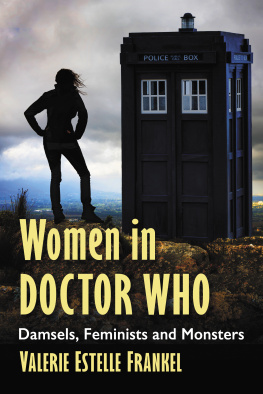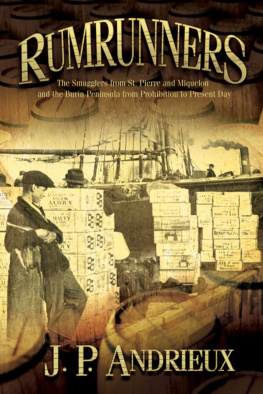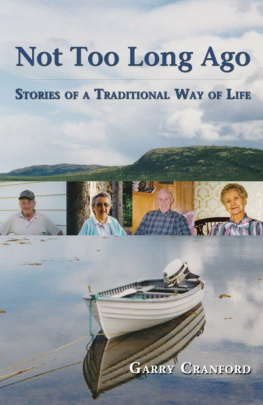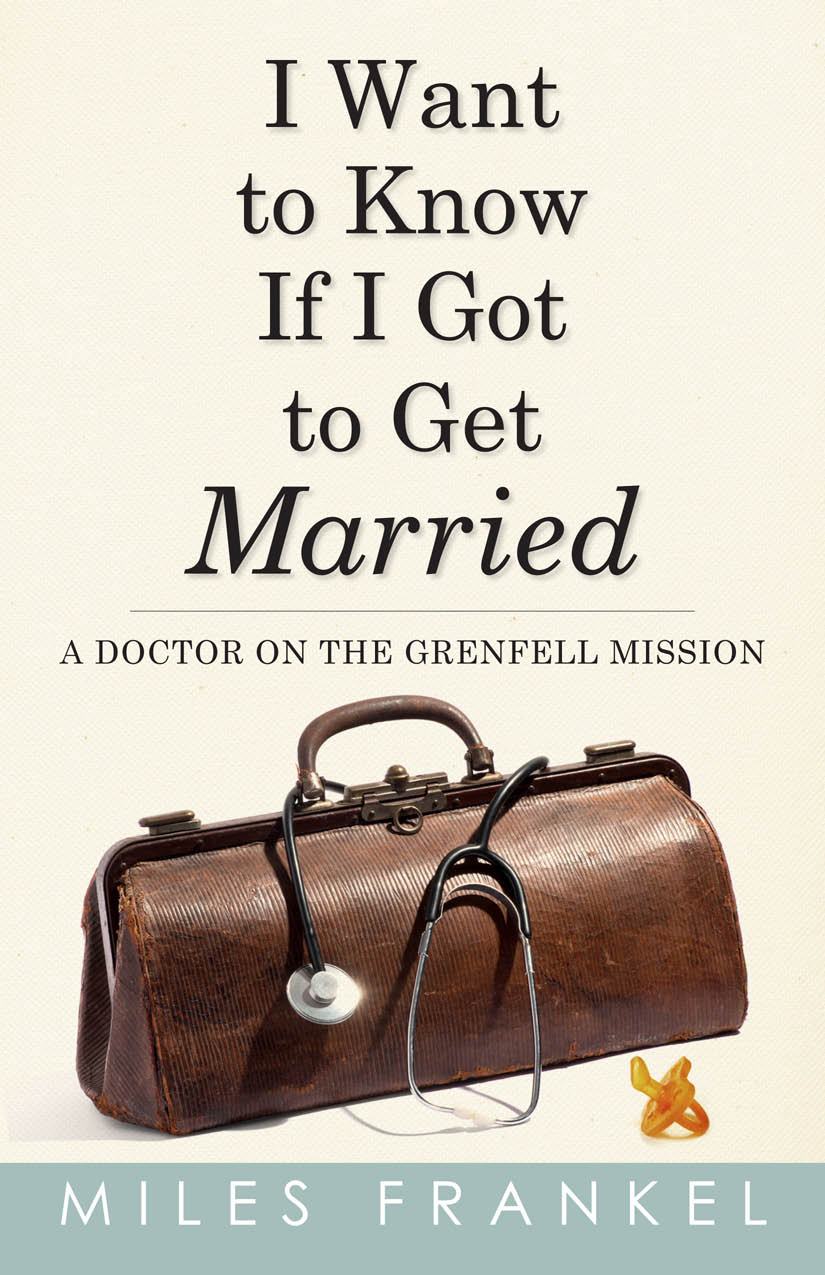
I WANT TO KNOW IF I GOT
TO GET MARRIED
MILES FRANKEL
Flanker Press Limited
St. Johns
Library and Archives Canada Cataloguing in Publication
Frankel, Miles, 1944-2014, author
I want to know if I got to get married : a doctor on the Grenfell mission / Miles Frankel.
Includes index.
Issued in print and electronic formats.
ISBN 978-1-77117-393-3 (paperback).--ISBN 978-1-77117-394-0 (epub).--
ISBN 978-1-77117-395-7 (kindle).--ISBN 978-1-77117-396-4 (pdf)
1. Frankel, Miles, 1944-2014--Travel--Newfoundland and Labrador. 2. Physicians, Foreign--Travel--Newfoundland and Labrador. 3. International Grenfell Association. 4. Missions, Medical--Newfoundland and Labrador. 5. Medical care--Newfoundland and Labrador. 6. Newfoundland and Labrador--Description and travel. 7. Newfoundland and Labrador--Social life and customs--20th century. I. Title.
R463.N44F73 2015 610.92 C2015-902003-4
C2015-902004-2
2015 Miles Frankel
all rights reserved. No part of the work covered by the copyright hereon may be reproduced or used in any form or by any meansgraphic, electronic or mechanicalwithout the written permission of the publisher. Any request for photocopying, recording, taping, or information storage and retrieval systems of any part of this book shall be directed to Access Copyright, The Canadian Copyright Licensing Agency, 1 Yonge Street, Suite 800, Toronto, ON M5E 1E5. This applies to classroom use as well.
Cover Design by Graham Blair
Edited by Robin McGrath
Flanker Press Ltd.
PO Box 2522, Station C
St. Johns, NL
Canada
Telephone: (709) 739-4477 Fax: (709) 739-4420 Toll-free: 1-866-739-4420
www.flankerpress.com
9 8 7 6 5 4 3 2 1

We acknowledge the financial support of the Government of Canada through the Canada Book Fund (CBF) and the Government of Newfoundland and Labrador, Department of Tourism, Culture and Recreation for our publishing activities. We acknowledge the support of the Canada Council for the Arts, which last year invested $153 million to bring the arts to Canadians throughout the country. Nous remercions le Conseil des arts du Canada de son soutien. Lan dernier, le Conseil a investi 153 millions de dollars pour mettre de lart dans la vie des Canadiennes et des Canadiens de tout le pays.
CONTENTS
INTRODUCTION
I was born on March 31, 1944, at Oldchurch Hospital, Romford, to the east of London. My first memory must have been a loud bang, because in the year of my birth a doodlebug bomb fell from the sky, killing the nurse attending my mother but sparing us both. Much of the rest of my life has been like that: catastrophe and rescue. The time was toward the end of World War II.
My father was German and had been arrested as an enemy alien at the beginning of the war, and summarily sent to a POW camp in Canada manned by Ukrainian guards under a brutal regimen. He survived by his kindness and medical skills.
Mother and Father were separated, but saved by my mother who for several years went from door to door collecting signatures from ratepayers and householders, and when she had 10,000 signatures her MP was obliged to act on the document. My father was released and should have stayed in Canada where a secure future awaited him, but he did not. He hitchhiked to the Maritimes and stowed away on a Liberty ship carrying grain to Liverpool, an incredibly dangerous journey. He then made his way in the dark and cold from Liverpool to London, and arrived in the middle of the night at my mothers house.
What he did then was even more unexpected. He enlisted in the British Army, becoming a lieutenant in the Royal Army Medical Corps. It immediately put him in danger as a German national in British Army uniform. If he had been captured he would have been executed. He was posted to the Middle East where he saw action as a doctor in a medical regiment, rising to the rank of Major. On furloughs back to London, first myself and then my brother Stephen were conceived.
In 1948, my father returned from the Middle East, and with his war record and general references was appointed to be a consultant in the newly formed National Health Service. He had a job for life, and made the most of the post, establishing himself as a medical force in this area. He would have preferred to become a teaching hospital consultant, but with his provenance of German and Jewish origins, he had to be content with what he had. My brother and I went to school in London at a minor public school, living at home with my mother and aunts, and life was uneventful and full of love.
My brother achieved more than I did and went to Oxford, while I was given a place at the London Hospital Medical College. I hadnt liked school, playing truant a lot and not getting the point of the specifics of any subject, but I was clever and was able to muddle through.
On the first day at medical school, I remember there were a hundred of us, boys of eighteen, and we were marched into the dissecting room, a white-tiled hall. It was brutalizing, disgusting, and Victorian. We were expected to begin immediately to dissect the dead bodies. I dont know how I passed my medical exams. Along the way I discovered the differences between the fact, the art of medicine and kindness, and I let each one inform the others.
I expected to be sent to a small hospital in a dreary part of London and that is what happened. It was Poplar Hospital in Londons Docklands, and it was a great training ground. All the other Residents were from the Indian subcontinent, and there was a feeling of community, with cook-ups at night when we had full use of the kitchen.
The medical work was round the clock, with busy casualties feeding the wards. Sometimes I worked twenty hours a day for seven days at a stretch. My luck was that I could call my father if I was in difficulties, and I reckon he saved twenty or thirty lives while I was there.
After two years at Poplar I was proud of what I had achieved in turning myself into a competent doctor, but I was convinced that I had no interest in going further in the hospital service. Then one day, I saw in the British Medical Journal an advertisement for a travelling doctor for the International Grenfell Mission, with interesting work in the Subarctic. I applied and got the job. Six weeks later I immigrated to Canada and transferred my medical skills across the Atlantic. It was a life-changing experience and I never regretted it.
I went to St. Anthony first, which acted as the headquarters of the mission, and was given a room. But I was the travelling doctor and hardly ever spent a night in that room. My job involved going from nursing station to nursing station and small cottage hospitals strung out along the coast. This is my account of the two and a half years I was there.
In addition to the medical work I had come to do, important parts of my personal life unfolded. I was engaged to Frances Astor, who accompanied me to Canada for a period. In fact, we married there in 1970 once I had obtained permission from the Bishop of Labrador after securing all the necessary paperwork. The Reverend Tom Moulton, who was the Rector of St. Anthony, had not thought it necessary to turn on the central heating system for such a short ceremony and the church was freezing. We had two witnesses, Meg and Reg Prentice. When it came time to get the ring onto Francess finger, she refused to take her glove off and instead held it tightly in her fist as we made our vows.
Next page
